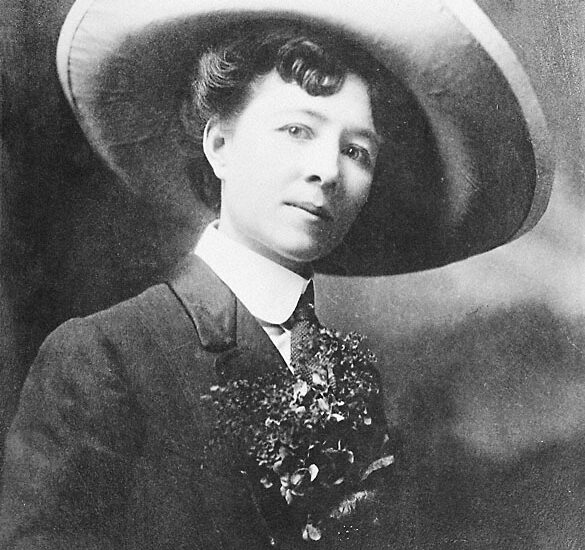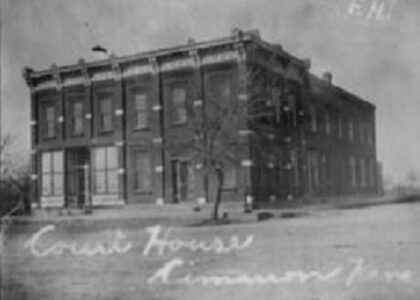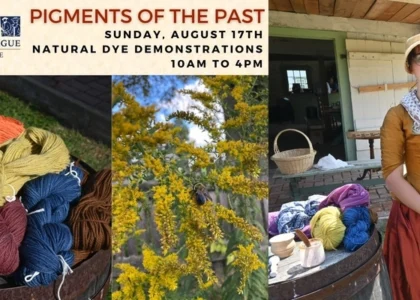Welcome to the story of The Petticoat Revolution, a remarkable chapter in the history of women’s empowerment that took place right here in the heart of Eastern Oregon. Imagine, if you will, the year is 1916, and the small town of Umatilla is buzzing with excitement. This was a time when women’s roles were largely confined to the domestic sphere, but the women of Umatilla were about to challenge the status quo in a way that would resonate far beyond their town’s borders.
The Petticoat Revolution began in a rather unexpected manner. Frustrated by the lack of representation and the inefficiencies in their local government, a group of determined women decided it was time for change. Led by the indomitable Georgie McHarg, these women organized a campaign to take over the town’s leadership. Their platform was simple yet revolutionary: better infrastructure, fair governance, and a more inclusive community.
On Election Day, the women donned their petticoats—a symbol of both their femininity and their strength—and marched to the polls. Their efforts were met with skepticism by some and outright opposition by others, but their resolve was unshakeable. When the ballots were counted, the results were clear: the women had won a sweeping victory, taking control of the town’s council and mayoral office.
This bold move did not just change the political landscape of Umatilla; it sent ripples through the nation. Newspapers from coast to coast picked up the story, dubbing it “The Petticoat Revolution.” The success of these pioneering women served as an inspiration, proving that women could lead and effect change in their communities.
As the new leaders of Umatilla, the women quickly set to work. They improved roads, established better sanitation systems, and enacted policies that improved the lives of all residents, demonstrating their capability and commitment to the community. Their leadership paved the way for future generations and contributed to the broader movement for women’s suffrage, which would see the 19th Amendment ratified just four years later in 1920, granting women the right to vote nationwide.
Today, the legacy of The Petticoat Revolution lives on. This site stands as a testament to the power of civic engagement and the importance of every voice in shaping our shared future. It’s a reminder that change often begins with the courage to challenge the status quo—no matter how daunting it may seem.
As you stand here, picture the scene over a century ago, when the streets buzzed with the excitement of a community on the brink of transformation. Take a moment to reflect on the brave women who dared to defy conventions and, in doing so, left an indelible mark on history.





